Business Fights Poverty (BFP): What do you do?
CG: I lead Endeva, together with co-founder Aline Krämer. Our aim with Endeva is to enable more and more effective inclusive businesses through research, knowledge transfer and consulting. Basically, we provide the knowledge for companies to include low-income people in developing countries into their value chains, and for other actors, in particular donors and national governments, to support these companies in their endeavour. We have looked at sector-specific models in the energy, insurance, pharma and agribusiness sectors, and we find that companies really value this kind of specific information, especially when it is combined with peer-learning opportunities, as in our trainings.
BFP: What is the best part about your job?
CG: I am independent and can pursue the issues I really find important. Through the inclusive business lense, I learn a lot about how societies work and how we can collaborate more effectively to improve them. I work with a lot of visionary and warm people.
BFP: What have been your greatest challenges?
CG: Moving beyond the research part to apply our knowledge and help to build real business on the ground has been our greatest challenge. Companies are often reluctant to pay for consulting and rather use public, free support.
BFP: How have you overcome these challenges?/ What advice, would you give to others?
CG: We are offering shared products, such as trainings or webinars, to reduce the cost for the individual company.
We constantly review where we can have most leverage with our work. Currently, we are very interested in how policy makers can create conducive framework conditions and can thus enable inclusive business on a broad scale.
BFP: If someone wants to do what you do, where should they start?
CG: Me and many of my colleagues at Endeva have started with a PhD on an inclusive business theme. Being a PhD students gives you a lot of opportunity to go into the field, network with people, acquire solid research skills, and seek out the niche where you can add value.
BFP: Finally; what do you hope to get out of being part of the BFP community?
CG:In our projects, we always involve experts and practitioners in the process. We want to build communities around the topics we works on, so that, in the end, there is not just a publication, but people who want to use it, and momentum for further collaboration. I use BFP to look for experts for our projects.
This was an interview with Christina Tewes-Gradl and originally posted on Business Fights Poverty.

